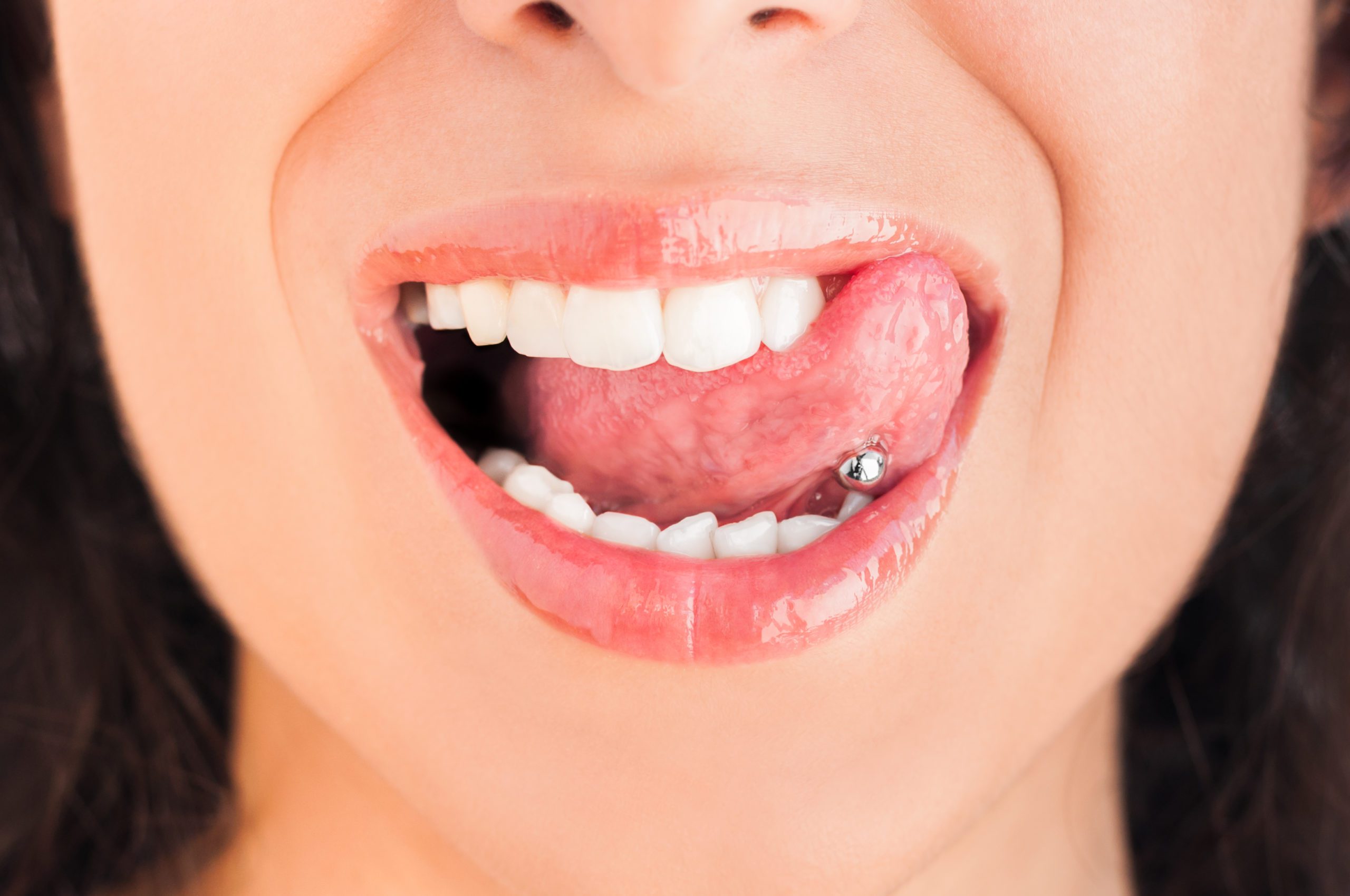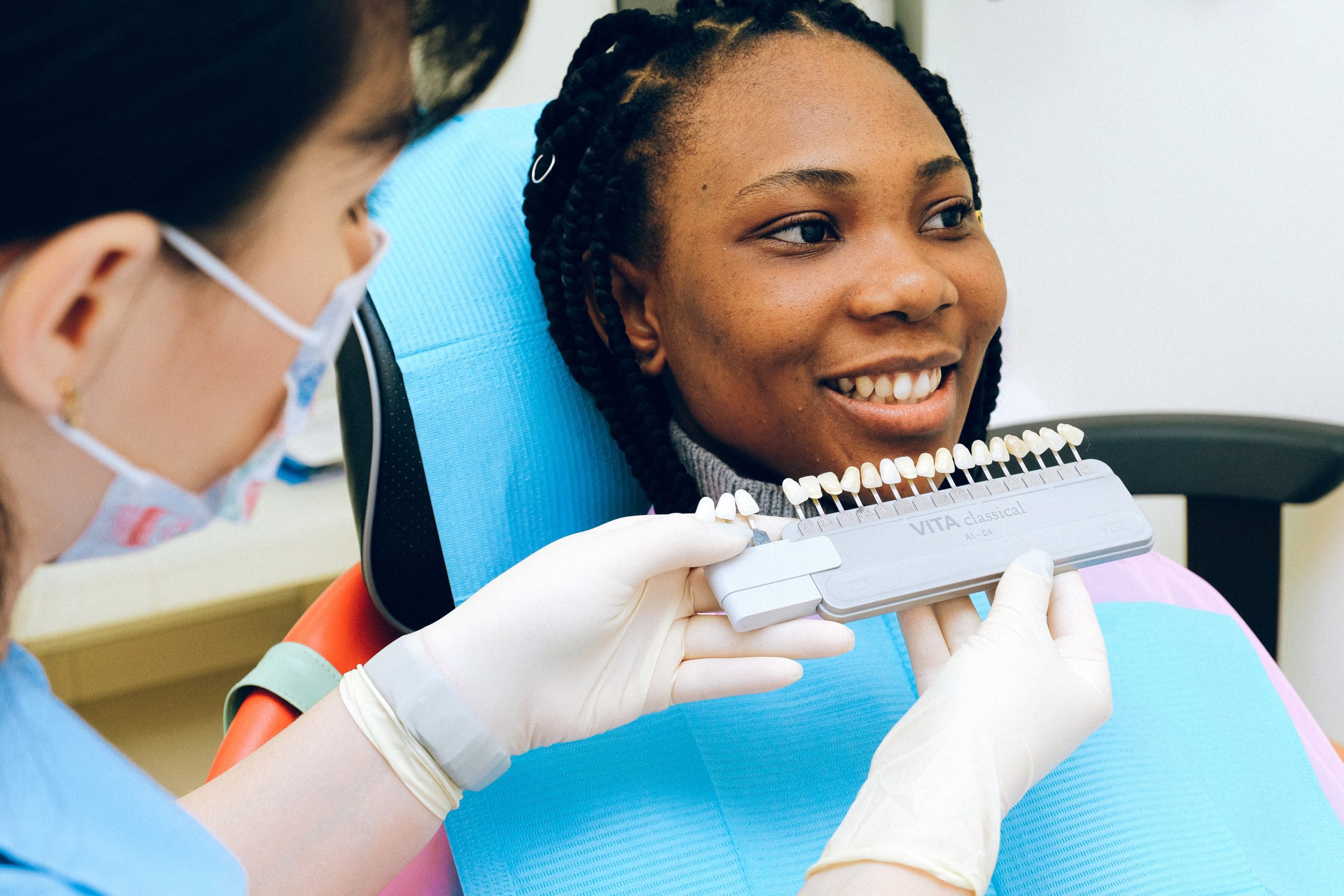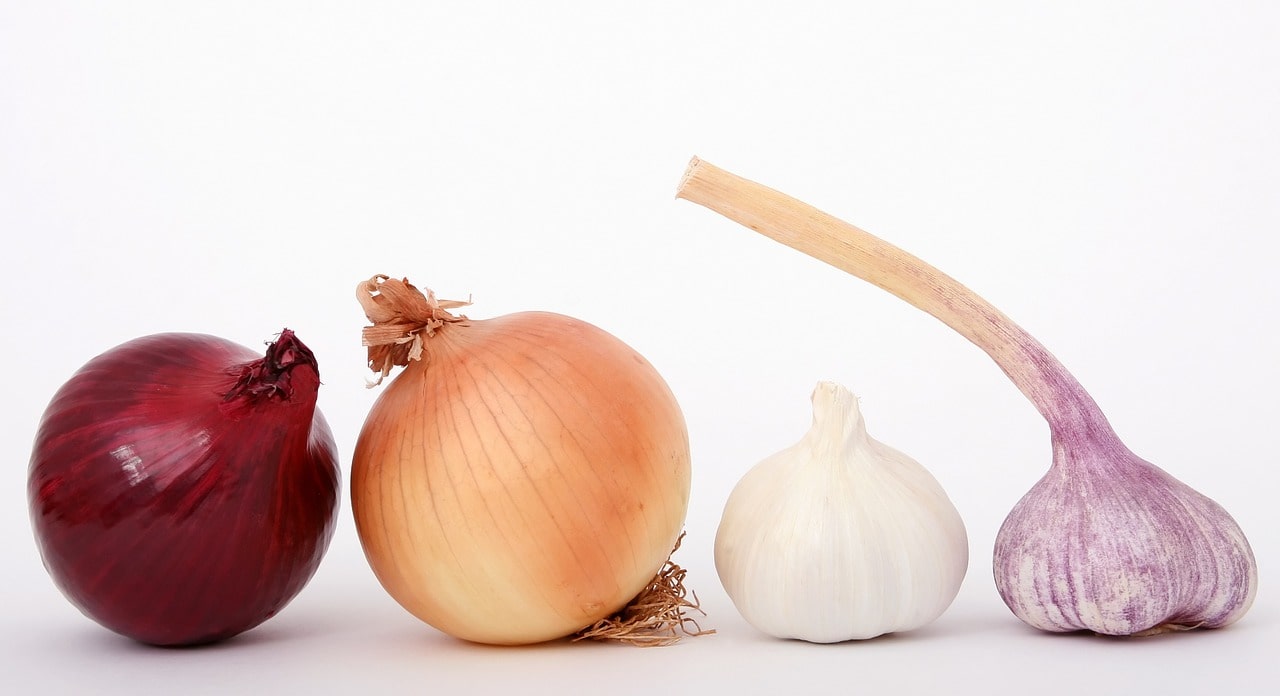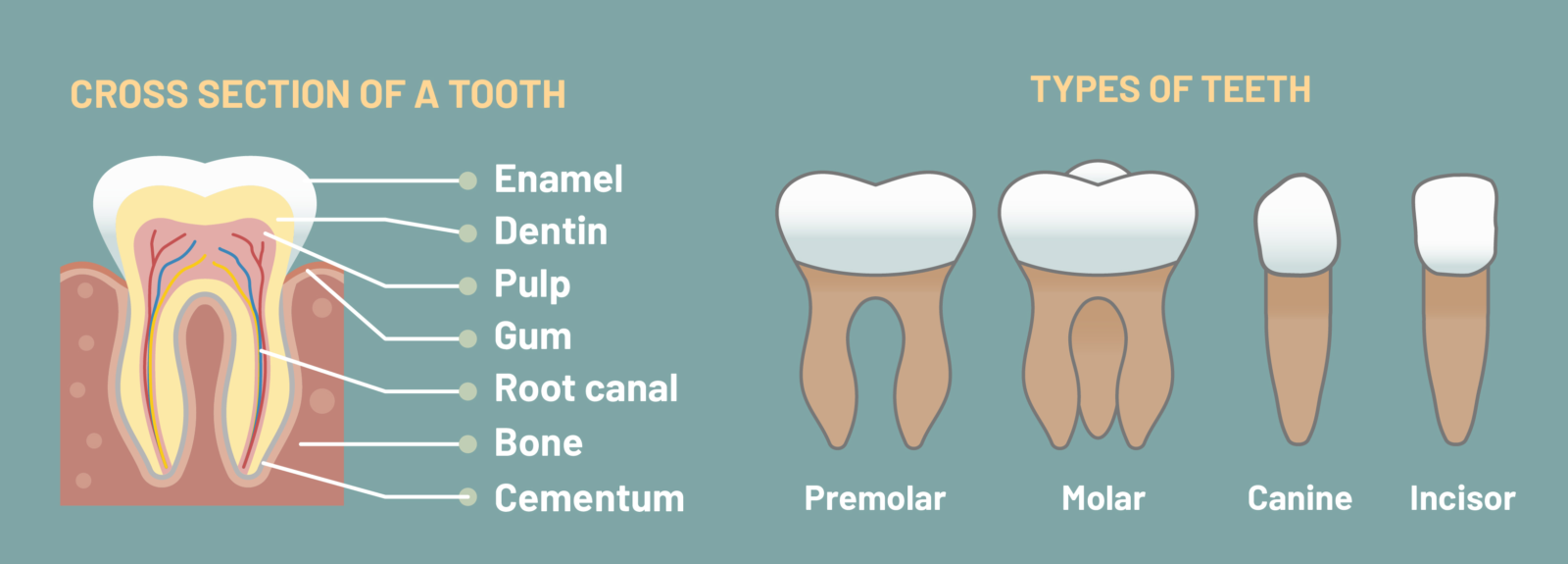Like tattoos, oral piercings are a popular form of self-expression using metal or plastic jewellery inserted into the oral tissues for decoration.
As dental professionals, we often get asked, are oral piercings safe? The answer is, unfortunately, not. While they might be a great way to express your personality, oral piercings can carry significant risk, and we’d urge anyone to consider the consequences carefully. Read on to discover why we suggest thinking twice before having oral piercings.
What are Oral Piercings?
Oral piercing jewellery includes studs, hoops, rings and straight and curved barbells. These can be inserted into the lips, cheeks, and tongue. They can even be inserted into the fraenulum, the connective tissue between your lips and gums. Some of these oral piercings have specific names; for example, if you have two symmetrical piercings in your lower lip, these are known as snakebites. The same arrangement in the upper lip is called Angel bites.
How Do Oral Piercings Impact Oral Health?
Having any hard foreign object in constant contact with your teeth can negatively impact your dental health. Potential complications associated with oral piercings include:
- Cracked, chipped, scratched or broken teeth
- Gum recession is caused when the piercing rubs against the gum tissue
- Damaged fillings
- A higher risk of gum disease and tooth decay unless the piercing is cleaned properly
- Allergic reactions to the metals used in mouth piercings
If this wasn’t bad enough, oral piercings could cause other serious health problems because your mouth is far from a clean environment.
What Are Three Potential Complications of Orofacial Piercings?
There are definitely more than three potential complications, but we’ve listed the most serious.
- Oral Infection
The average mouth contains millions of bacteria, and any wound or opening in your oral tissues allows these bacteria to enter your body. Consequently, problems with infection and swelling are common with mouth piercings.
Any infected mouth piercings can become life-threatening if not treated promptly, especially if you have an infected tongue. The tongue can swell to such an extent it could block your airway. Additionally, harmful bacteria that enter your bloodstream via a piercing can travel to your heart, increasing the risk of inflammation to your heart tissues or valves, a condition called endocarditis.
- Nerve Damage
Another problem with oral piercings is nerve damage. It’s quite common to experience a numb tongue after having it pierced, and while this effect is usually temporary, it may be permanent. If the nerve is injured, it can affect how you move your mouth and your sense of taste.
- Blood Loss
Yet another unwanted side effect is potential blood loss. There are many blood vessels in your tongue, and damage to these can result in serious blood loss.
What Complications Might Arise from Lingual Piercing?
Lingual piercings are those piercings placed in your tongue, and we’ve listed three potential complications of having a tongue piercing below.
Drooling
A tongue piercing can increase saliva production, so you might begin to drool, a less than appealing side-effect for anyone older than two. This side-effect can affect anyone with a lingual piercing; it doesn’t need to be an infected tongue piercing!
Bad Breath
Your risk of having halitosis or bad breath can increase with tongue piercing piercings. This is because dental plaque, a sticky biofilm, is continually building up over teeth and gums and having jewellery in your mouth increases the surface area for plaque to build up, especially as piercings can be hard to keep clean.
Speech Difficulties
It can be harder to speak clearly with tongue piercings, especially if the tongue piercing goes wrong, causing a change in speech patterns.
As you may have gathered, we are not fans of mouth piercings, having seen the potential side effects and complications they can cause. However, if you are set on having an oral piercing, make sure you see a trained professional who will carry out the procedure correctly, using thoroughly sterilised instruments to minimise the risk of infection.
Caring for Your Oral Piercing
It’s important to make sure you care for your oral piercing correctly, especially while healing. Avoid touching the jewellery with your tongue or teeth, and don’t attempt to twist the jewellery around before the site has healed fully. Make sure you brush your teeth at least twice a day and that you floss or clean between your teeth using other tools like a water flosser or interdental brushes at least once a day. Using an antimicrobial mouth rinse can help reduce the risk of infection. It can be useful to use a tongue scraper to help remove more bacteria harboured by your tongue. If you have a tongue piercing, remove the jewellery first, and you should only use a tongue scraper once the piercing has fully healed.
To help healing after a tongue piercing, concentrate on eating soft foods that are less likely to get caught around the piercing. Avoid foods that are very spicy and which could cause irritation and pain. Alcohol and coffee can act as a blood thinner, so it is better to avoid these beverages for the time being.
Recognising the Signs of an Infection
During healing, it’s important to be aware of any signs of infection. During the first two weeks, it’s not uncommon to experience a tingling tongue or to notice some minor swelling, redness and occasional throbbing or a sensation of warmth. However, if the warmth is persistent and you have pain that is worsening or excessive bleeding, you should seek medical help immediately. You also need to get immediate help and advice if you have a fever or notice signs of pus or if there is a bump around the piercing.
Lip piercings can be even more prone to infection. An infected lip piercing may occur if you snag the jewellery on your clothing, irritating the piercing and introducing new bacteria into the wound. The risk is higher if you have a double lip piercing. Avoiding lipgloss, lipstick and other lip products during healing can reduce the risk of infection. You may need to throw away any products that could be contaminated by harmful bacteria.
Treating an Oral Piercing Infection at Home
If you have signs of a lip or tongue infection, one way to treat it is with a saline or salt solution available from your local pharmacy or the piercing shop. Alternatively, you can make a DIY salt rinse using a teaspoon of sea salt dissolved in a cup of warm water. Soak a sturdy paper towel or cloth in the saline or saltwater solution and gently wipe it around the jewellery, repeating the process as often as needed. Don’t use cotton swabs or balls or thin tissues as these can release tiny fibres that get caught around the jewellery, increasing irritation and infection.
Make sure you visit Tandara Dental Centre regularly for checkups and hygiene appointments. If we can monitor your dental health, we can quickly pick up on any changes and provide suitable treatment. For example, if a piercing chips or cracks a tooth, having it mended promptly will help prevent further damage and infection. We can also provide expert advice on thoroughly cleaning around oral piercings.










